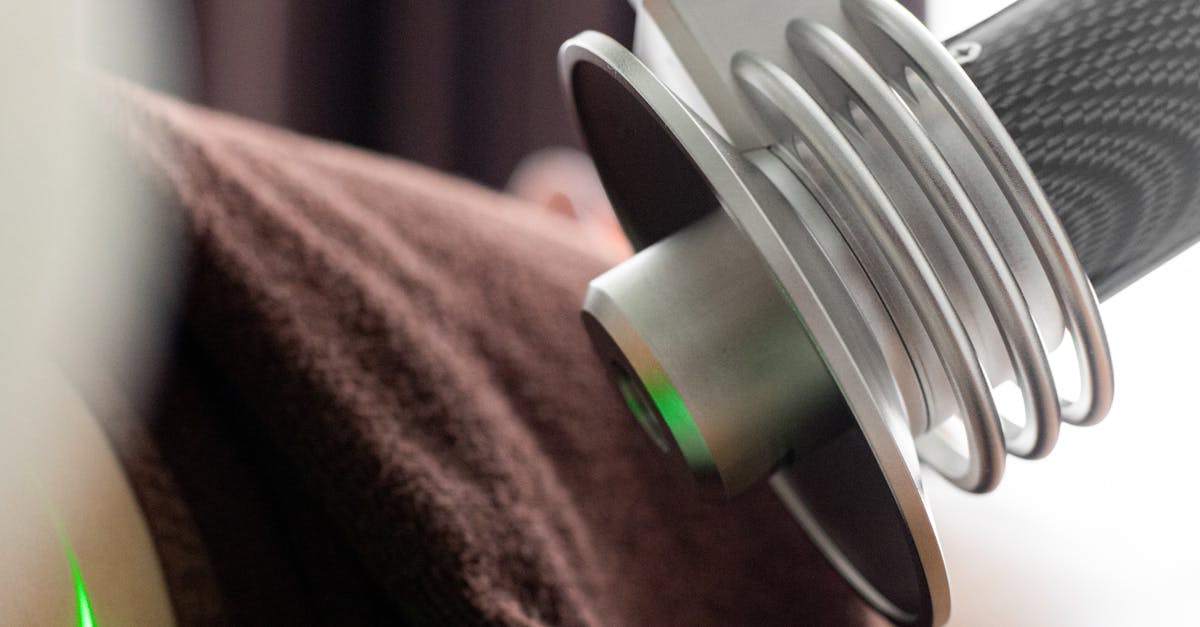Post-Treatment Care for Chemical Peels

Rest and Recovery
After undergoing a chemical peel treatment, it is crucial to prioritize rest and recovery to allow your skin to heal effectively. Avoid engaging in strenuous activities or exposing your skin to harsh elements during this time. Your skin needs time to regenerate and rejuvenate, so it's essential to give it the care and attention it requires for optimal healing.
Make sure to follow the post-treatment care instructions provided by your skincare professional diligently. This may include using gentle cleansers, moisturizers, and sunscreens recommended for post-peel care. By adhering to these guidelines and giving your skin the time it needs to recover, you can ensure the best possible outcomes from your chemical peel treatment.
Allow your skin to fully heal before resuming normal activities
It is crucial to give your skin the time it needs to fully heal after a chemical peel before jumping back into your regular activities. Rushing the healing process can lead to complications and potentially hinder the results you are striving to achieve. Your skin undergoes a significant amount of stress and trauma during a chemical peel, so providing ample time for recovery is key to ensuring optimal outcomes.
Rest and patience are essential during this crucial healing period. Avoid exposing your skin to harsh elements such as direct sunlight or extreme temperatures, as this can aggravate the newly treated skin. Keep your skincare routine gentle and minimal, allowing your skin to breathe and repair itself naturally. Remember that the post-treatment phase is just as important as the peel itself in achieving the desired rejuvenation and glow.
Avoiding Harsh Products
When it comes to caring for your skin after a chemical peel treatment, it is essential to avoid harsh products that could potentially irritate or damage your newly rejuvenated skin. This means steering clear of abrasive scrubs, aggressive skincare products, and anything that could cause unnecessary stress to your delicate skin.
Instead, opt for gentle, soothing products that are specifically designed for post-peel care. Look for products that contain calming ingredients like aloe vera, cucumber extract, or hyaluronic acid to help hydrate and soothe your skin as it continues to heal. Remember, the goal is to support your skin's recovery process and promote a healthy, radiant complexion in the long run.
Stay away from abrasive scrubs and aggressive skincare products
It is essential to steer clear of abrasive scrubs and aggressive skincare products following a chemical peel treatment. These products can exacerbate skin irritation and compromise the healing process. Opt for gentle, non-abrasive cleansers and moisturizers to nurture your skin back to health.
Abrasive scrubs and harsh skincare products can strip away the delicate layers of newly revealed skin after a chemical peel. By avoiding these products, you allow your skin to heal properly and minimize the risk of adverse reactions. Choose products specifically formulated for sensitive or post-treatment skin to maintain a healthy and glowing complexion.
Patience with Results
After undergoing a chemical peel treatment, it is crucial to have realistic expectations regarding the results. Patience is key when waiting for the desired outcome to manifest. While some may see immediate improvements in their skin texture and tone, others may need to wait a bit longer before noticing significant changes. Keep in mind that chemical peels work by removing the outermost layers of skin to reveal fresher, smoother skin underneath, but this process takes time.
It is important not to rush the results of a chemical peel treatment. Your skin needs time to heal and regenerate after the procedure. Trying to accelerate the process by overusing skincare products or undergoing additional treatments too soon can actually hinder the effectiveness of the chemical peel. Allow your skin the necessary time to recover and rejuvenate naturally to achieve the best possible results from your treatment.
Results may take time to show, be patient with the process
Results from a chemical peel treatment may not be immediately visible. It is important to remember that the effects of the peel may take some time to fully manifest. Be patient and allow your skin the necessary time to heal and rejuvenate. Your skin is undergoing a process of renewal, and the final results will gradually become more apparent over time. Resisting the urge to rush this process is key to achieving the best outcomes for your skin.
Each individual's skin reacts differently to chemical peels, and the time it takes to see noticeable improvements can vary. While some may see results sooner, others may take longer to experience the full benefits of the treatment. Trust in the process and have faith that your skin is responding positively to the peel. Consistent post-treatment care, along with patience, will help ensure that you achieve the desired rejuvenation and enhancement for your skin.
FAQS
How long does it take for the skin to heal after a chemical peel treatment?
It typically takes about 1 to 2 weeks for the skin to fully heal after a chemical peel treatment.
Can I resume my normal skincare routine immediately after a chemical peel?
It is important to allow your skin to fully heal before resuming your normal skincare routine after a chemical peel treatment.
Are there any products I should avoid using post-chemical peel?
Yes, it is recommended to stay away from abrasive scrubs and aggressive skincare products post-chemical peel to prevent irritation and damage to the newly treated skin.
How soon can I expect to see results after a chemical peel?
Results from a chemical peel may take time to show, so it is important to be patient and allow the skin to go through the healing process before expecting significant changes.
Is it normal for my skin to feel sensitive after a chemical peel?
Yes, it is normal for the skin to feel sensitive and possibly experience redness after a chemical peel treatment. It is important to follow post-treatment care instructions provided by your skincare professional.
Related Links
Chemical Peels for HyperpigmentationPreparing for a Chemical Peel Treatment